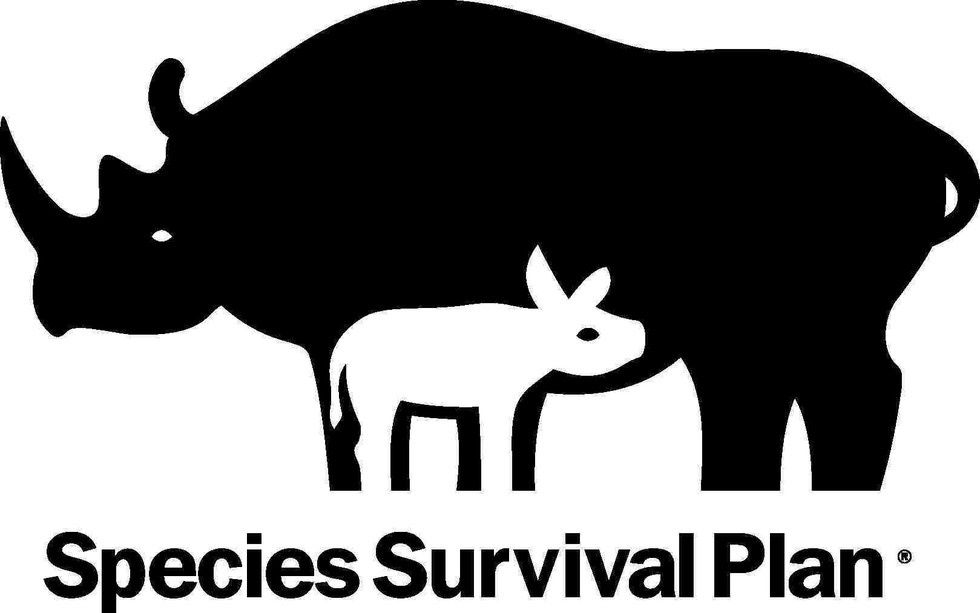Today, Zoos are not always seen in the best light by the public. Granted this is understandable with so many recent accidents. Who would want to take their child to a Zoo where there is a risk of a child falling in the enclosure? I'm not going to lie, it can be very scary. I have heard some of the worst horror stories from some of my keepers. However, Zoos can be some of the safest facilities available to the public. I should know, I volunteer at one.
I am one of the highest ranking and youngest Docents (adult volunteer who mentors and educates the public) at my Zoo. I have been with this Zoo for roughly five years, and the things I have seen and done are earth shattering. I've taught classes, conducted camps, trained new volunteers, and have created unbreakable bonds with many of our animals. I've trained with animals, witnessed (and conducted) animal enrichment, and been behind- the- scenes of many animal enclosures. My Zoo life is one of the most important aspects of my life, and it is because of the Zoo I have grown so much. I have gained leadership and learned so much about animals that if I am ever on Jeopardy I would sweep any animal category.
Without the Zoo I would be half the person I am now. Thus, it is very scary to think who I would be today if there wasn't a zoo. Though looking at the future, it looks like there might not be any zoos to begin with. In the public's eyes, many people seem to think that zoos in general are not worth the money to see caged animals that are "held against their will" or "given limited resources and time outside". On the outside, that might be what it seems like. However inside the cage is a whole different story.
There are 41,415 species on the threatened species list. 16,306 of those species are endangered/ threatened with extinction.The AZA (Association of Zoos and Aquariums) has over 230 institutions under their wing and are responsible for successfully keeping roughly 800,000 animals happy/ healthy each year. Also, they raise millions in conservation each year and have founded the SSP (Species Survival Plan) to help ensure the survival of endangered species.
The AZA prides themselves on saving every species, and when they team with Zoos the results are amazing. Working first-hand with their policies and procedures, I can strongly state that they are an excellent guiding light to many Zoos. These protocols help make sure that an animal is receiving the proper diet, that their enclosure is 100% safe for both the public and animal, that they are being bred at the right time, that they are in a society of fellow peers, that they are as close to their home ecosystem as possible, and that their mental state is stable. Without the AZA and SSP, zoo policy would not be what it is today. They would not be to save so many species, reintroduce animals, or save those close (if not in) extinction. AZA and SSP provides the groundwork for ethical policies that ensure all parties involved are safe.
As for zoos being ethical, it is insane to say that they are not. Granted there are many illegal zoos (roadside attractions and some traveling carnivals), all of the main zoos are ethical. Almost every zookeeper that is involved is dedicated to their animal and would do anything for them. It is sad to think that the public believes that zoos and their employees are evil. I have seen the biggest hearts working at my Zoo for years and years. Now yes, I cannot attest for every zoo that is accredited. Though I believe that in order to work at a zoo, one has to want the job more than anything with the amount of training and knowledge is required. In conclusion, zoos are ethical and sometimes the safest home some animals can get. Their cages might look small, however that is what is required. Their food dish might be empty, but I assure that they are getting fed. Now rules and laws can always be changed for the better, but for now they are more than ethical for the animals.
























